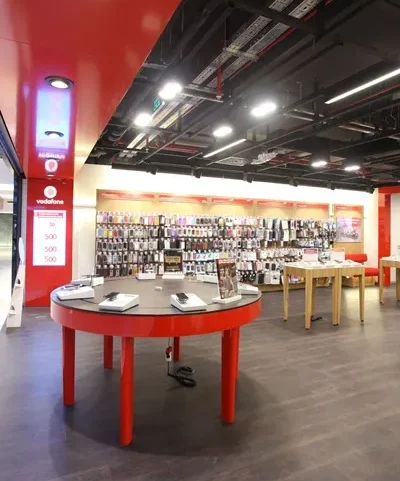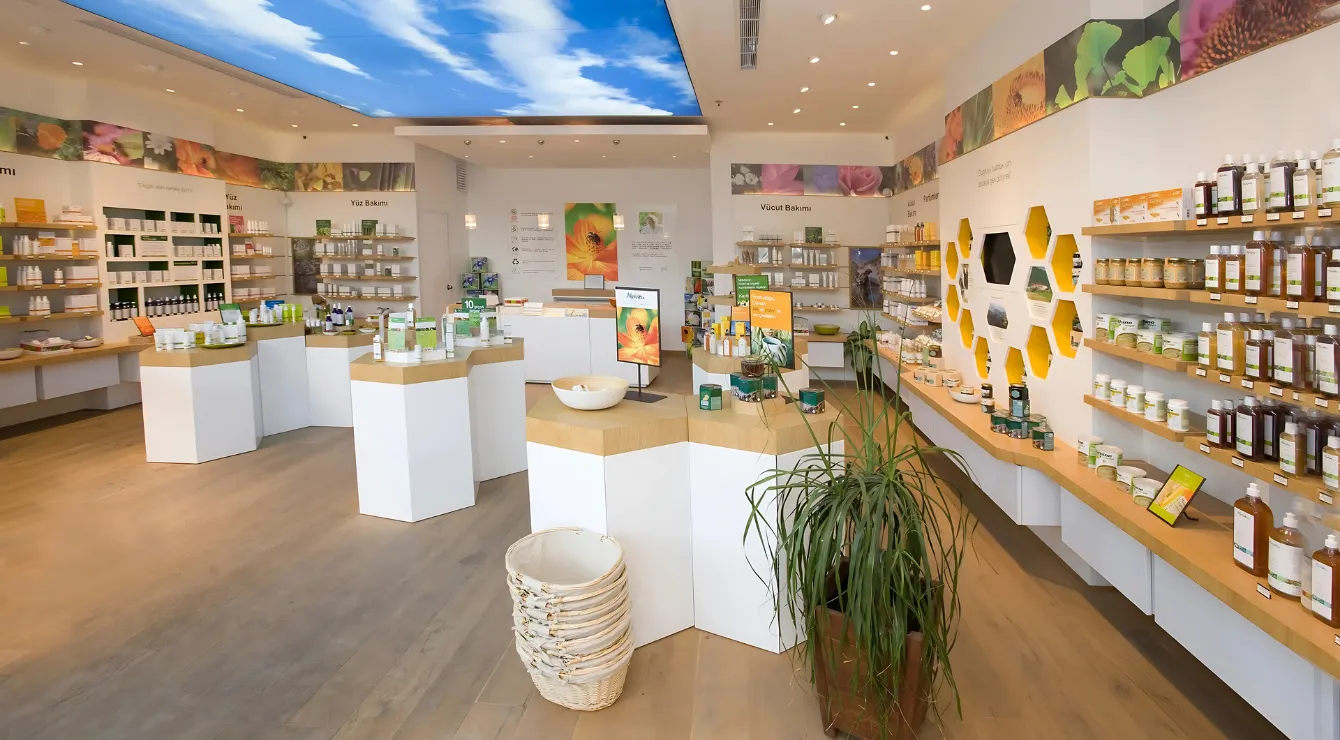
A well-produced store is more than just a shopping space. It becomes a stage where products shine, customers feel comfortable, and brand identity is reinforced. Effective store production contributes to: Müşteri Deneyimi: Smooth layouts, ergonomic furniture, and immersive design make shopping more enjoyable. Brand Image: Every material, color, and finish communicates the brand’s values. Operasyonel Verimlilik: Functional store elements ensure that staff can work more effectively and customers can navigate effortlessly.
Longevity: High-quality production reduces maintenance costs and ensures long-term value.
Choosing the right materials is fundamental in store production. Wood, glass, metal, and plexiglass are commonly used, each bringing unique aesthetics and strengths. Durable materials ensure longevity, while sustainable options align with eco-conscious consumer expectations.
Modern store production utilizes advanced technologies such as CNC cutting, laser machining, robotic welding, and electrostatic powder coating. These tools deliver both precision and scalability, ensuring that even the smallest design details are consistently replicated across multiple store projects.
No two stores are identical. Tailor-made solutions are at the heart of store production, allowing each retail brand to have a unique space that reflects its identity. From boutique stores to large-format retail outlets, customization ensures that every store feels distinct.
Digital planning and ERP systems have revolutionized store production, making processes more efficient and reliable. These systems support real-time project tracking, streamlined communication between teams, and timely delivery of store components.
Sustainability has become a cornerstone of modern store production. Retailers and producers alike are embracing eco-friendly practices, such as:
By embedding sustainability into store production, brands not only reduce their environmental impact but also appeal to increasingly eco-conscious consumers.
A store is a physical embodiment of a brand’s philosophy. Through store production, retailers can translate abstract brand values into tangible design elements. Minimalist brands may prefer clean lines and neutral palettes, while luxury retailers may choose premium materials and ornate details. Store production ensures these visions are executed with precision.
In today’s competitive market, well-executed store production can be a differentiating factor. Retailers who invest in high-quality production are more likely to: Attract new customers through compelling store designs.Build customer loyalty with consistent in-store experiences.Stand out from competitors by offering unique retail environments

To see how store production translates into real projects, take a look at this boutique project. It illustrates how material choice, lighting, and custom design elements come together to create a retail environment that is both functional and emotionally engaging.
Looking ahead, store production will continue to evolve with the integration of smart technologies, sustainability practices, and customer-centric innovations. From AI-powered design tools to augmented reality shopping experiences, the next generation of store production will blur the lines between physical and digital retail.